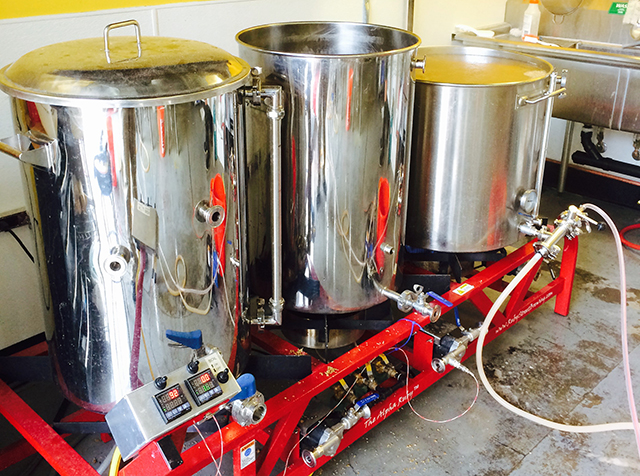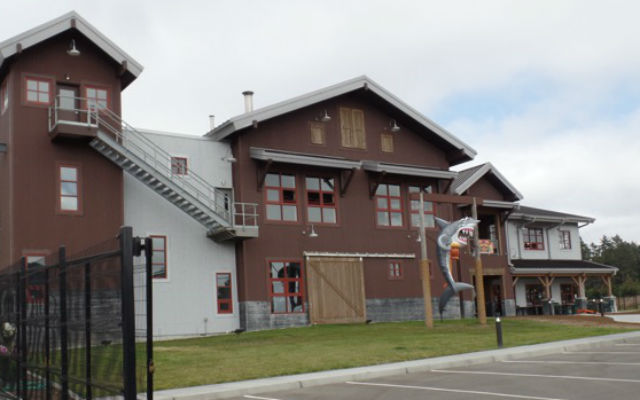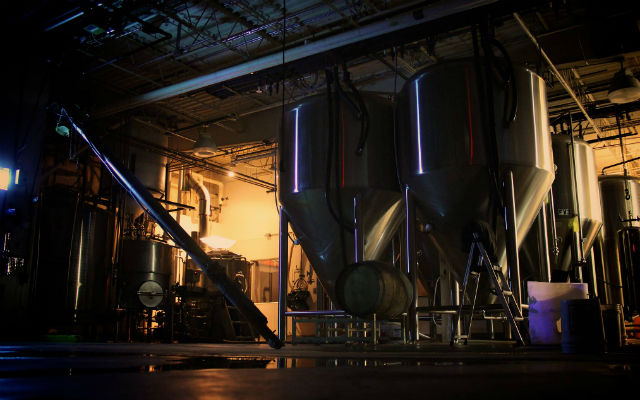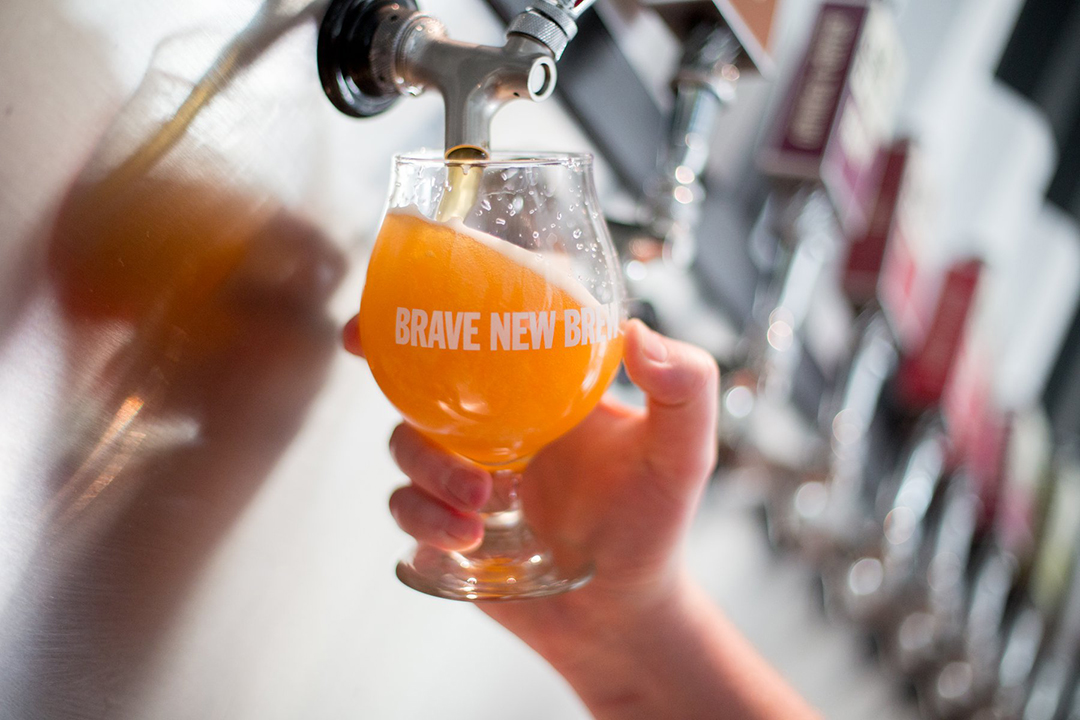
Expansion is always an exciting, frustrating, rewarding … and scary time. Just to name a few emotions.
A stressful time can be when beer brewed on a new system is sent to the fermentor for the first time and the waiting game begins. Everything on the outside may have checked out as new pipes, hoses and brackets all worked. But waiting on the finished product, that can be a question mark.
HenHouse Brewing, which opened in Petaluma, California in 2011 is on the move, just 20 miles north to Santa Rosa expanding its capacity by 300 percent with a new brewery in a former food processing plant. HenHouse owner Scott Goyne sees the move as the perfect opportunity to up the production amount of the Northern California brewery by amping up to a 30-barrel brewhouse in the spring of 2016.
Goyne said the brewery chose to use a manufacturer in its own county of Sonoma.
“This direct relationship with the fabrication company allows us to work closely with them to ensure that the tanks are built to our direct specifications,” Goyne said. “We are specifying port size and orientations that will fit best with our layout and design specifications.”
Talking to The Brewer Magazine in mid-October, Mike Keating, the head brewer and CEO of 38 State Brewing in Littleton, Colorado was going through the process of testing a “batch of beer” (a mix of acid and PBW followed by a rinse cycle) to ensure proper function and passivate the stainless steel of the new 7-barrel system that the brewery has installed.
“[We’ve been] doing that the last four days, pretending it’s a batch of beer,” he said. “It took three guys to figure out what goes where.”
Keating noted the hardest part of the ordering process was trying to get exactly what they wanted over the phone as they tried to get what they wanted. “The cost dictated a lot,” he said. “Things made here in America are three times as much as they are overseas.”
Moving up from a 1-barrel system to the 7-barrel just made sense for 38 State, Keating said. The expectation is to produce up to 3,500 barrels in the coming year, he added.
“There is so much manual labor involved it made sense to put the same amount of energy into a bigger system and we can get more beer out of it,” Keating said.
Goyne said HenHouse has worked with its fabricator to include an adequate glycol cooling system along with fastening the tank to the floor. “It is often a bit tricky to get the additional tank into place, but with careful planning, creative rigging, some good machine skates, and an experienced crew, this part should go as planned,” he said.
With the old tanks, Goyne said they did run into some problems that he hoped to not see with the new 30-barrel system. They have had fittings that were fabricated in an unsanitary fashion. They had received four different fittings (NPT, BPT, BSPT and M) on tanks, all on the same order. Goyne added that the three founders of HenHouse all have direct experience with industrial production practices. “We are lucky that we have a fabrication shop and fabricator on our team, as there are times that equipment will need to be modified on site to conform to specifications,” Goyne said.
Outside of microbiological contamination, Goyne said the largest challenge HenHouse faces is the pickup of oxygen into the finished beer. “To mitigate this challenge, we impose lengthy and slow tank purging procedures,” Goyne said. “Our QC department just recently acquired a Anton Paar dissolved oxygen meter to provide us with feedback on our procedures.”
For Keating, he said 38 State had a temperature-control issue with the 1-barrel system because it was not jacketed in an giant open area. Colorado winters can be cold and summers can be warm, which isn’t ideal when trying to rein in the temperature for yeast propagation.
“There are not a lot of perfect days, maybe a week of it … at least for ‘making beer weather,’” Keating said.
With the amount of care taken to avoid spoilage, breweries still have to find a way to stay open during a build out. Keating said 38 State brewed its hoppy Titan Rock Red Ale and an American IPA on a 100-barrel system through a contract brewery to sustain the demand through the process with kegs and cans. They also brewed “night and day” on the 1-barrel brewhouse for six weeks before pulling the plug on the original 1-bbl system.





Be the first to comment